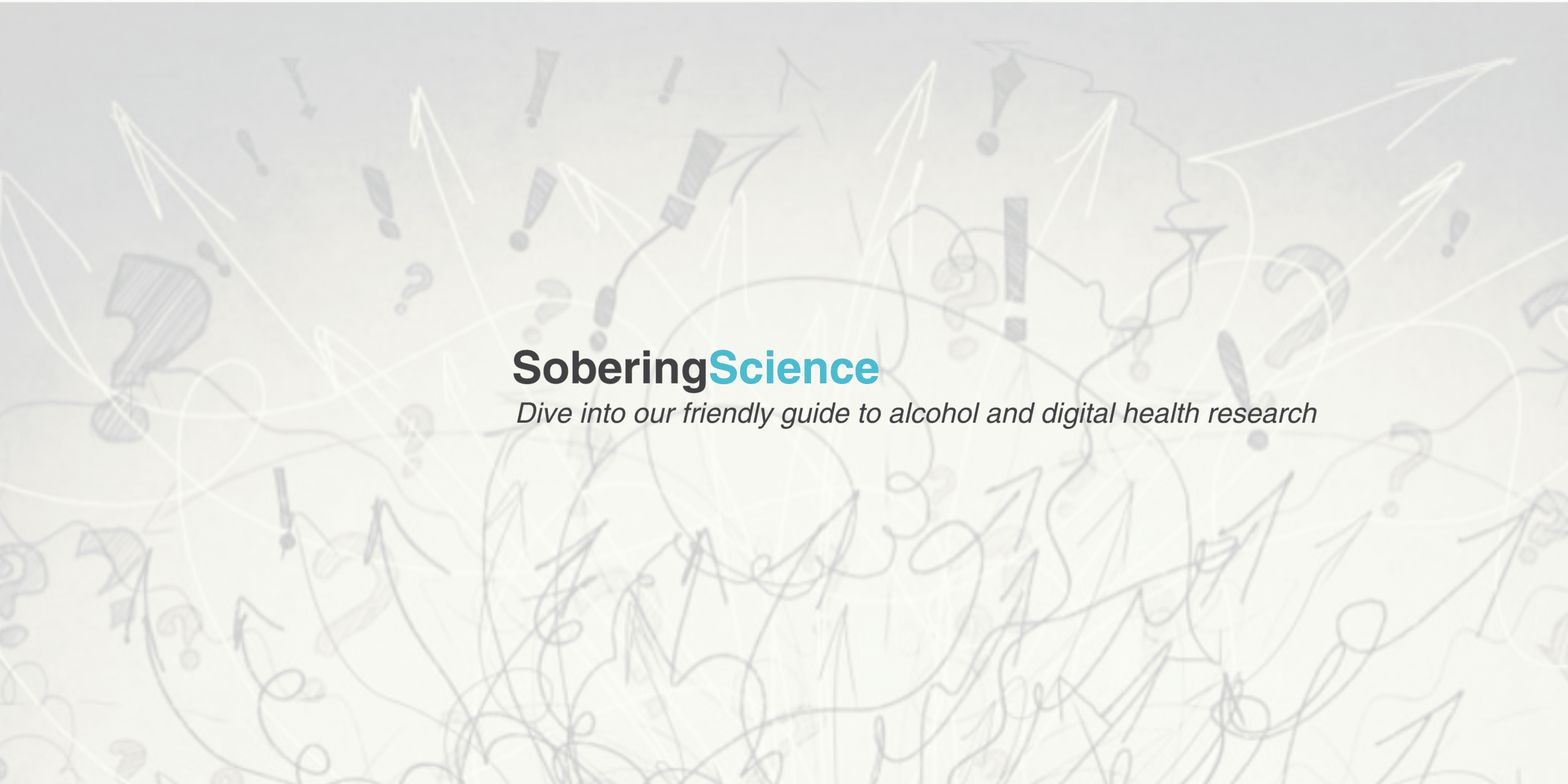
Should people under 40 stop drinking alcohol?
Drinking alcohol for people under 40
You might have heard about a recent study suggesting that people under 40 are best advised not to drink. No doubt, this has caused concerns for some, along with other mixed feelings including shame and the feeling of being judged. Studies and their findings can be used to guide personal decisions. They can also keep us informed of any health risks and benefits that may emerge from the data.
So, where does Hello Sunday Morning as an organisation stand on this?
Before we answer that question, it is important to drill down to what exactly this study found and concluded. We will dive deeper into three areas: the study findings regarding young drinkers in particular, HSM’s general view and, where to from here. Hopefully you will be able to make your own informed decisions about your own drinking behaviour.
The study
The Global Burden of Disease analysis published in The Lancet suggests that ‘alcohol consumption carries significant health risks and no benefits for young people.’ Young people in this case are people age between 15-39 years old. The study found that over 59% of participants in that age group were drinking at high-risk levels. Furthermore, 77% of them were males. Overall, the concentration of harmful alcohol consumption for this age group reached in excess of the NDE (Near Death Experience).
In terms of geography, the majority of participants who drank excessively were in Australasia, along with Western and Central Europe. Interestingly, the study did find that older adults may benefit from drinking a small amount of alcohol due to their higher chance of developing cardiovascular disease.
This study recommended that more tailored guidelines that are culturally appropriate and targeted specifically at the under 40 age group is a priority. Guidelines should clearly outline safe alcohol consumption levels and evidenced-base interventions.
Let’s take a have a look at our own drinking culture.
Are Australian under 40 drinking alcohol exceedingly?
According to the National Survey 2020-2021 by ABS, ‘almost seven in ten (69.5%) people aged 18 years and over did not exceed the guideline.’ The guidelines used here is according to the NHMRC standard drink recommendations. The survey reports that out of those who consume alcohol exceeding the standard guidelines, 1 in 7 are aged 18-24 years old and 1 in 4 are aged 55-65 years old. See graph from ABS below:
So, are young people drinking less?
We can see from the statistics above that younger Aussies are drinking less. This might be because they are more health conscious as there are more resources available to educate them about health. Some even argue that the social media culture attributes to this decision. There is a sense of awareness around self-image and self-love (eating well and exercising as a part of self-care and mindfulness); the availability of online dating also opens more opportunities for people to socialise online rather than meeting at pubs and bars. Top that off with the rise of the sober curious movement and the growth of zero to low alcoholic drinks that make it easy for people to opt out from drinking.
When asked what drives the shift in the change of culture (of young people drinking less), Dr Nicole Lee, CEO of drug and alcohol consultancy 360 Edge, also a board member of Hello Sunday Morning said that in her observations ‘we don’t know for sure what is driving it. But I think there is an element of people having children a bit later, so well after their heavy drinking period. So, the modelling of more sensible drinking is more available. Whereas if you have kids in your early 20s and you are still drinking quite a fair bit. Such as going to backyard BBQs with all your friends and drinking heaps, then your kids will see that as well’ .
Although we don’t know for certain what drives the shift, the issue is not how much younger and older adults consume alcohol according to statistics. The study instead was highlighting the point that more attention needs to be placed on Guidelines. Hence, the Global Burden of Disease suggesting a need for more targeted guidelines with the aim to minimise harm and health loss.
Where does that leave you?
There are certain rules and guidelines to a healthy relationship with alcohol. They are designed to help reduce or minimise harm. Guidelines can be useful, but every individual is different. People are complex beings and the relationship between drinking and upbringing, or life experiences are closely related. Where you live, what kind of social circles you belong to, which generation and what ethnicity you are – all of these have an influence on your relationship with alcohol. Whether drinking excessively, moderating or abstaining; over or under 40, the wise approach is to first ask yourself, ‘am I happy with my relationship with alcohol?’ And if you are not, then the next approach would be to consult with a health professional to better understand your health and options.
To be clear, at Hello Sunday Morning, we support people from all different stages of their journey towards a healthier relationship with alcohol. This means whatever age group you are, whatever gender, locality – metropolitan cities or rural country towns, we are here to provide support when you are ready.
Let’s go back to the beginning, should people under 40 stop drinking alcohol? Perhaps a better way to reframe the question is: ‘Am I in control over my relationship with alcohol?’ It is the question we ought to consider from time to time, no matter which age bracket we belong to.
Related article you might be interested to read:
Curbing binge drinking when you’re over 40
When we think about binge drinking, often we imagine teenagers or young adults downing pints of beer or spirits. One thing that might surprise you is that, statistically, some groups of older adults are alongside their younger counterparts in being classified as ‘binge drinkers’.
READ MORE










